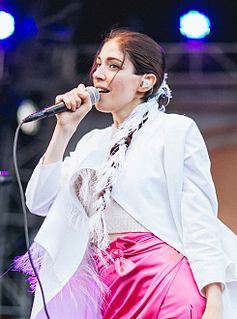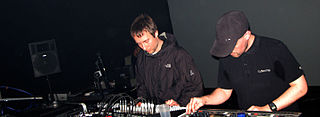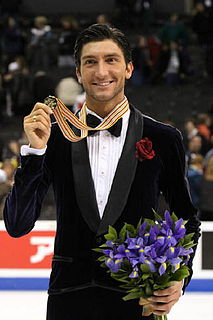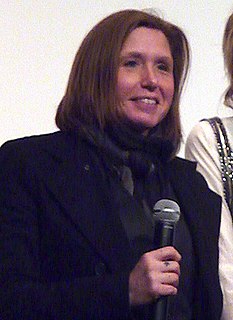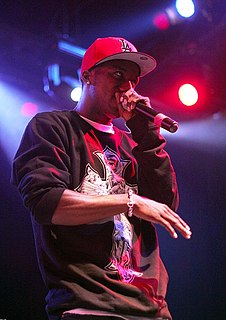A Quote by Caroline Polachek
I was into music from a very early age, and I was also - I don't really talk about this that much - really into horses. I learned a lot about rhythm and about voice from that.
Related Quotes
It's really hard to teach me anything. I can't read music. I never learned how to read music. I read books about things and try to learn - I don't like to learn from anybody. Later on I would, once I'd get the hang of things. Like I ride horses, I'm good at that, Western riding. I learned all about it reading and studying. I'm always learning about horses, I like that.
Just coming to terms with the fact that I got to play April Wheeler [Revolutionary Road] and Hanna Schmitz [The Reader] in one year, let alone in my lifetime. I'm very, very aware of how rare that is as an opportunity for any one person. I can't tell you how much I've been able to take away from these experiences creatively. I really, really learned so much about acting, about myself... all of those things. It's difficult to talk about the actor's process without sounding like an arrogant asshole but they really were very challenging.
When I was growing up, I didn't really know much about being popular or cliques or anything like that. In elementary school and middle school, you start to kind of realize what it's all about. There are cool kids, and then there's you, and you're just trying to figure out where you fit in.I learned a lot about acceptance and rejection,Those are the themes that you'll find spread throughout my music and weaved in throughout all of the lyrics. I really know what it's like to be accepted, and I also know what it's like to be rejected. And those are lessons I learned in Wyomissing.
I think that a huge positive that's come out of me having successful competitions as an athlete has been that, through the years it's become less and less about personal victory and more about strengthening a platform for me to have a voice in the world and I could really talk about anything I wanted to and I've chosen to make my voice be heard and be recognized for some of the charities that I really care about and work very closely with.
I would suppose I learned how to write when I was very young indeed. When I read a child's book about the Trojan War and decided that the Greeks were really a bunch of frauds with their tricky horses and the terrible things they did, stealing one another's wives, and so on, so at that very early age, I re-wrote the ending of the Iliad so that the Trojans won. And boy, Achilles and Ajax got what they wanted, believe me. And thereafter, at frequent intervals, I would write something. It was really quite extraordinary. Never of very high merit, but the daringness of it was.
I think any information about any type of art form, it's always the right time. But since the last one, I could see there were many things about the culture of DJing that we don't really talk about. We don't really look at how the music is made, how it's conceptualized, how it's put together. We talk about the equipment and the software, but we don't talk about the reasons why we put the music together in the first place.
I talk openly about my past and what I've gone through - abuse being something that was very real in my household, and a lot of chaos growing up as a child. I think that I naturally just gravitated towards music that I could really feel on a deep level - and that meant sadness. I was able to connect with that at a really young age.
